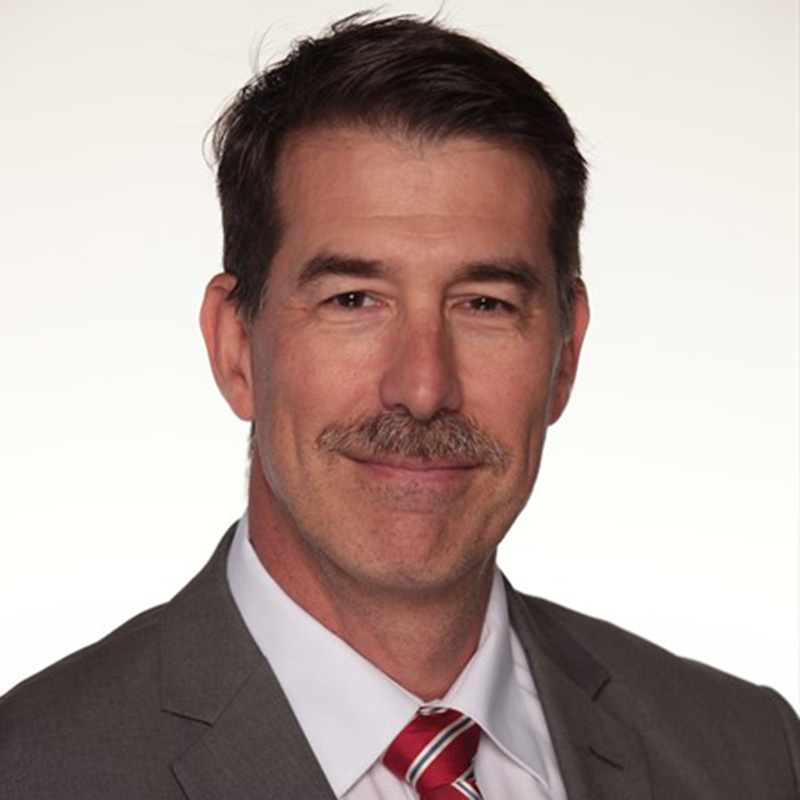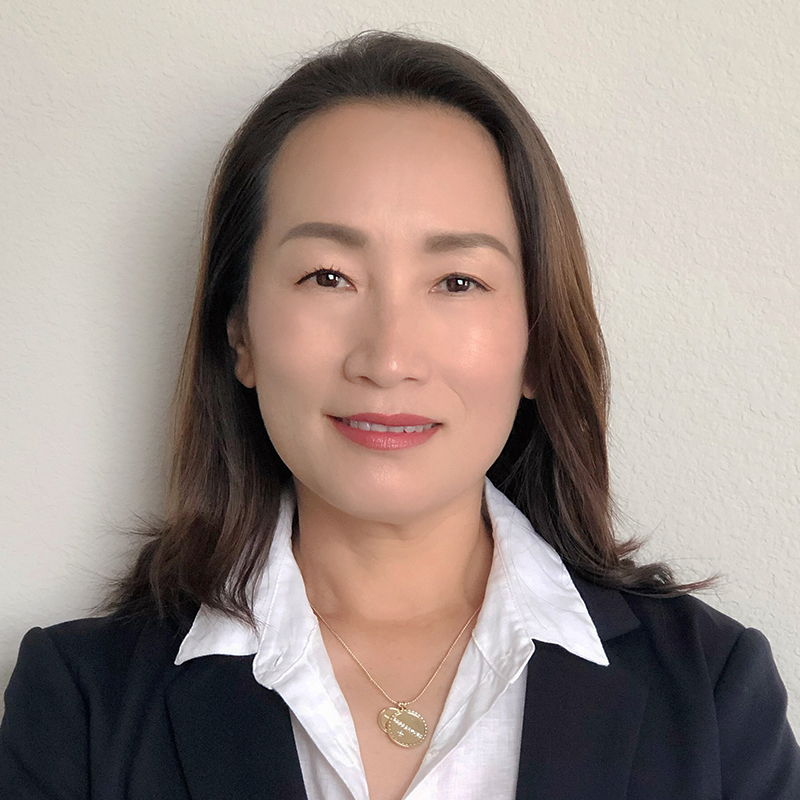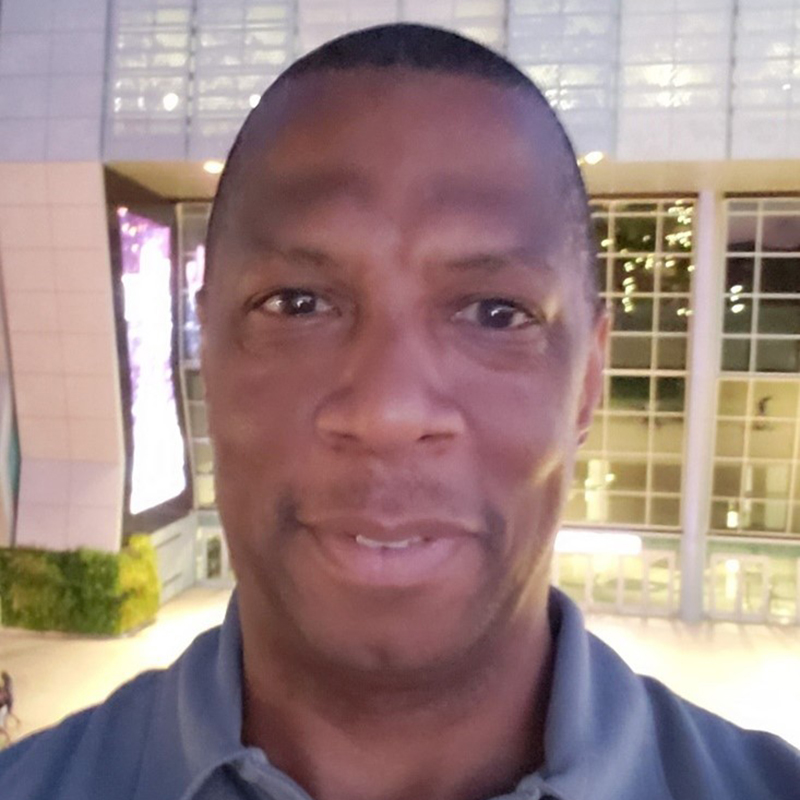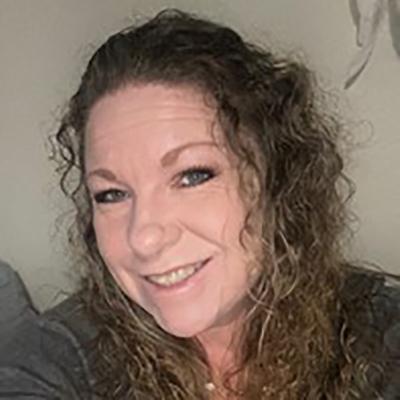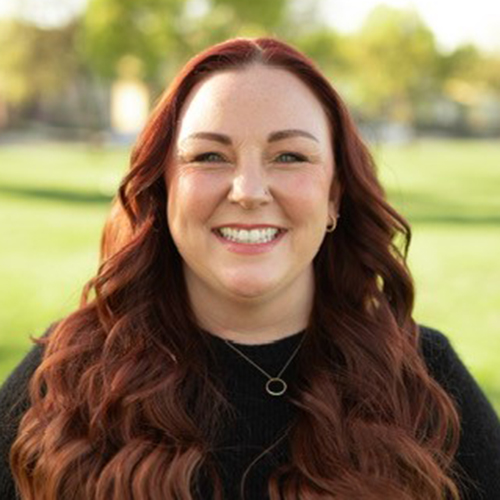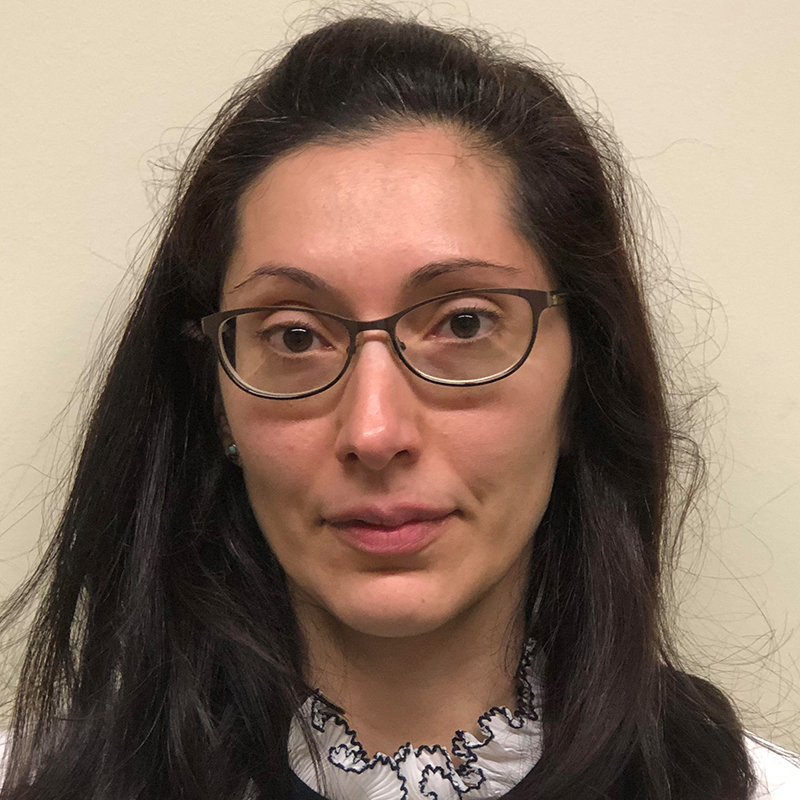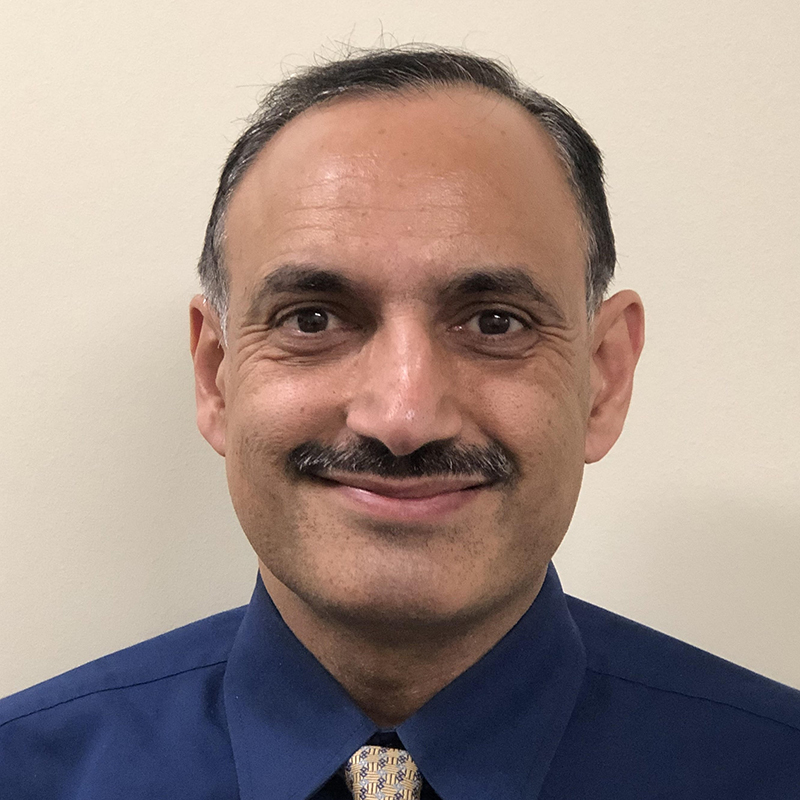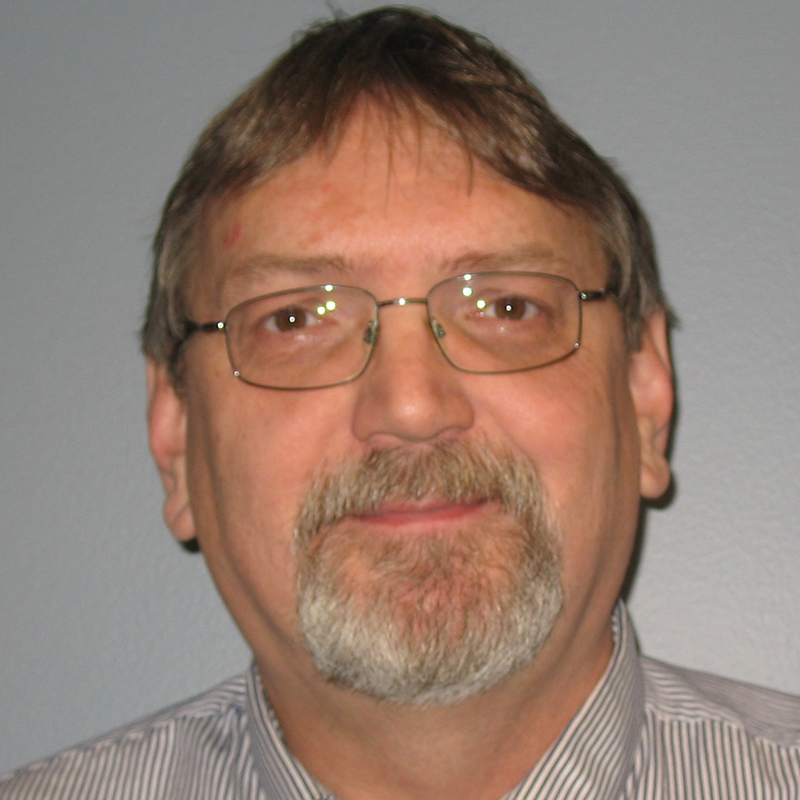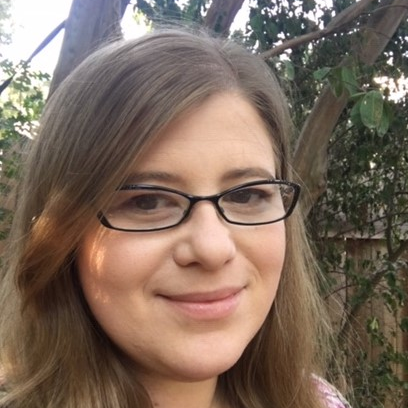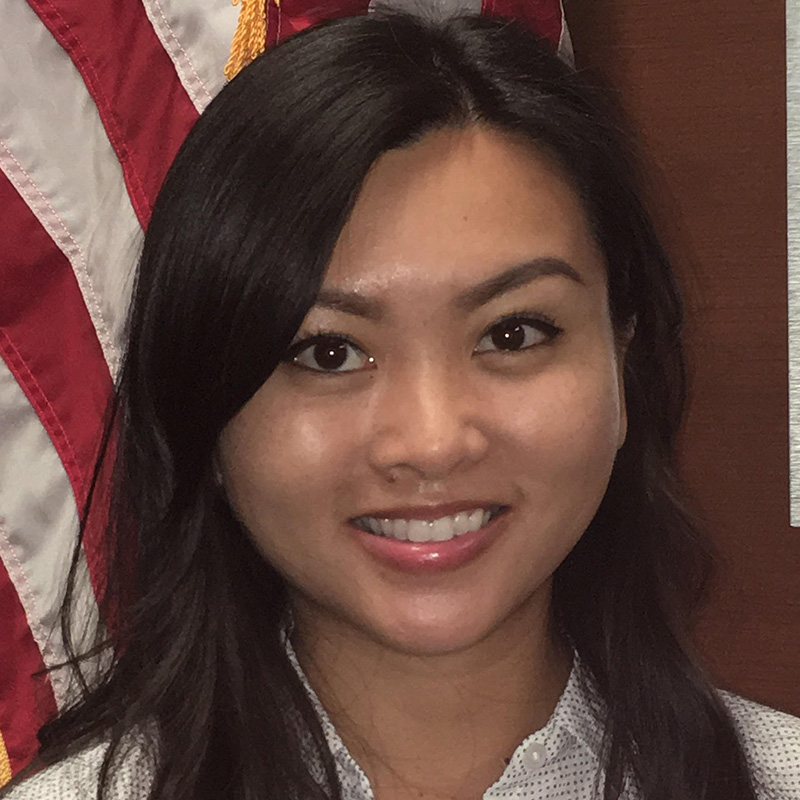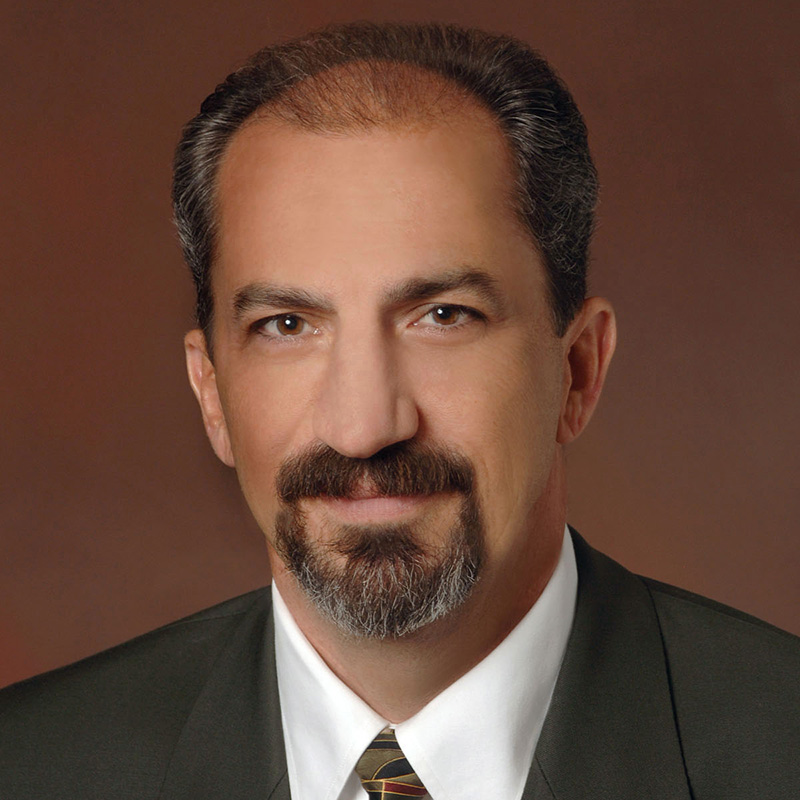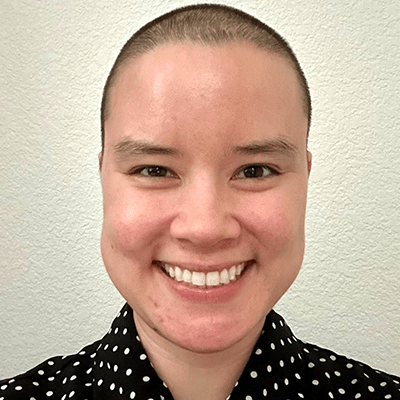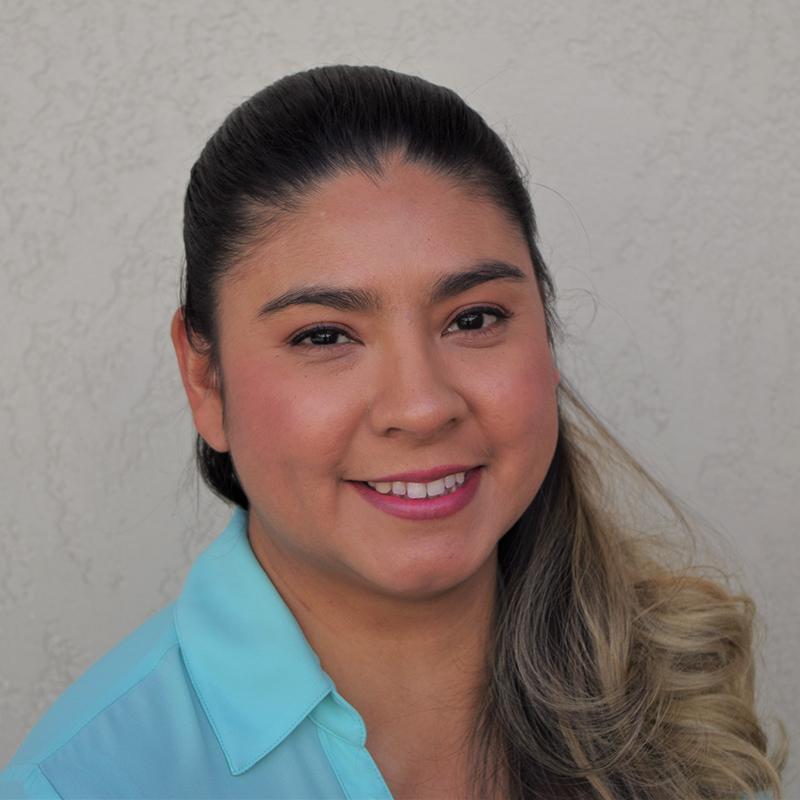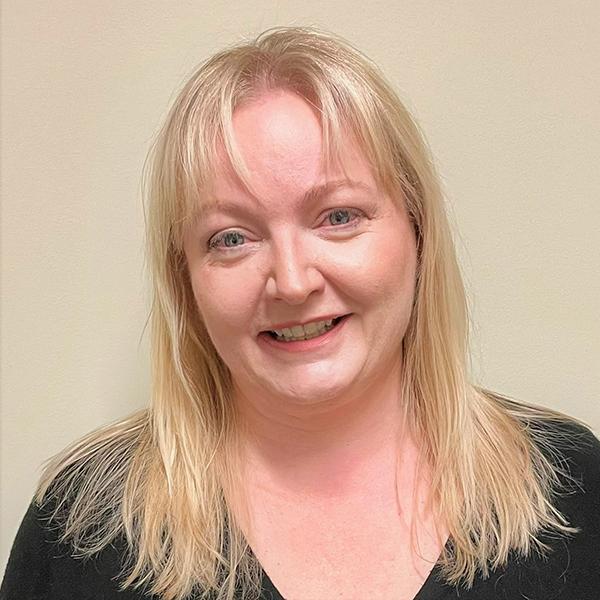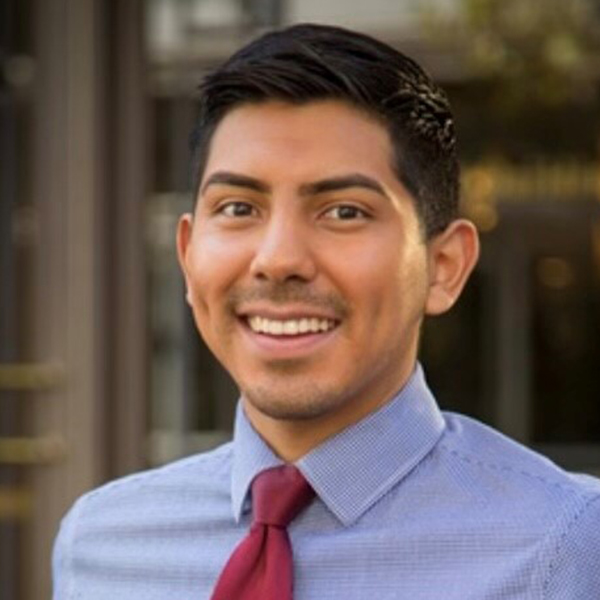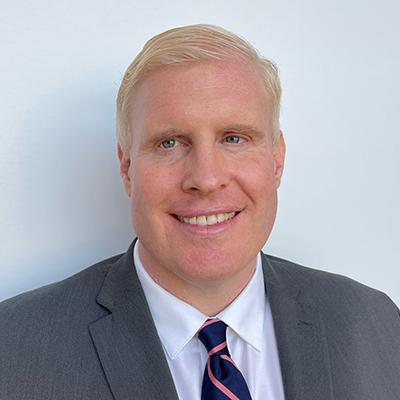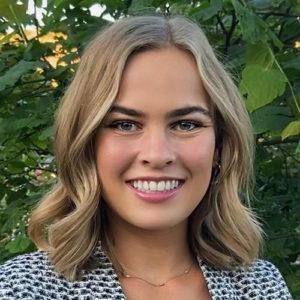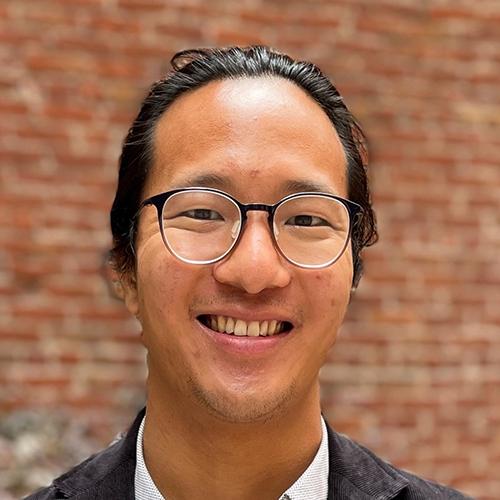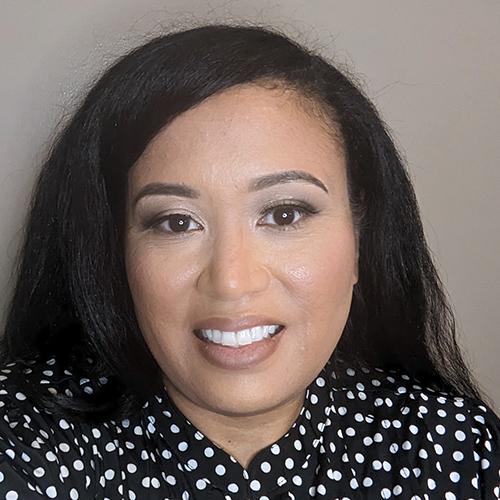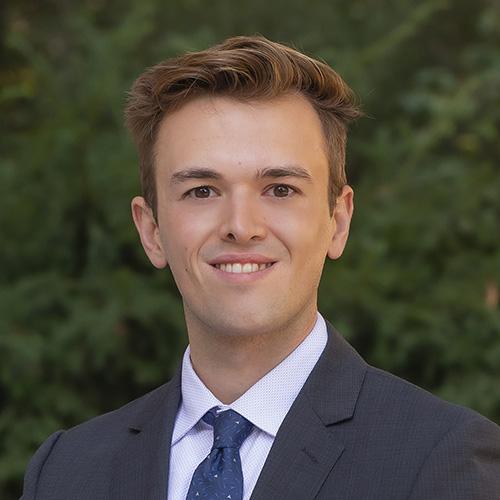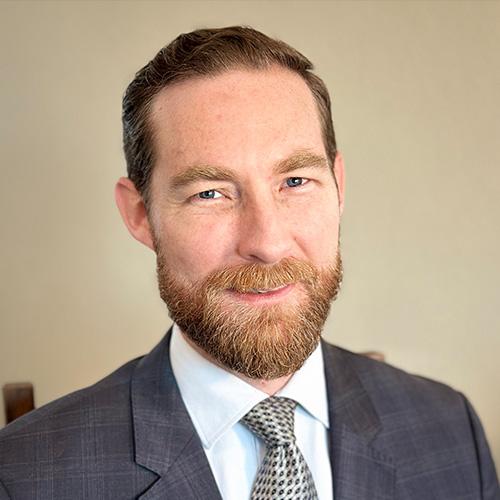
The time is always right to do what’s right
Dee Dee and I chatted about the unique Oscar’s ceremony on Sunday that reflected these extraordinary times. The theme underlying the show was highlighting stories of social injustice and economic insecurity. Before the show, my wife and I watched The United States vs. Billie Holliday. At a moment when marginalized communities are fending off legislation across the country and bracing for upcoming gerrymandering, both designed to limit their voting rights, the movie opens by informing us that an antilynching bill failed to pass in the US Congress in 1937. It closes by reminding us an antilynching bill is still stalled in Congress at this moment, in 2021.
In 1871, 150 years ago, the single largest mass lynching event in American history occurred. When a fight took place that led to the death of a white rancher and a policeman as bystanders from the crossfire, an angry mob numbering over 500 descended on a community, ransacking and burning down their business district, leading to 15 hangings and multiple additional deaths on or near Calle de los Negros (or Negro Alley). Out of the mob, only 8 were convicted, but the convictions were overturned.
20 years later, in 1891, perhaps the 2nd largest lynching event took place when a mob of thousands surrounded a jailhouse holding the suspected shooter of the police chief. As he lay dying, he was asked about the shooter and responded with a racial slur. Hundreds of innocent victims were rounded up and later, when a trial acquitted the suspects, the future Mayor and future Governor both led the mobs that ultimately hung 11 members of the targeted group. None of the mob were punished.
The 1871 lynching happened in downtown Los Angeles and the victims were Chinese. The 1891 lynching occurred in New Orleans and the victims were Italian-Americans. The monument behind me known as the National Lynching Memorial was opened 3 years ago this Monday to commemorate the nearly 5,000 lynchings that have taken place on our soil. At my previous job, we helped fund Bryan Stevenson’s vision to build this memorial.
While over 1,000 victims of such terrorism were Mexican, Native American, Chinese or other disfavored communities including whites, the vast majority of victims were black. Time transpires, but nativists views targeting groups of those viewed as different, lesser or alien continues to this day.
Last week, we witnessed the George Floyd verdict. Tomorrow is the 29th anniversary of the Rodney King verdict, the first trial verdict I ever watched real time, and only hours after I arrived in Los Angeles. How little things have changed. The George Floyd case was tried in the building where my father worked in the only job he held from graduation until his retirement. The murder itself occurred near the neighborhood where we lived when we first immigrated to this country only a few years after the effective end of the Chinese Exclusion Act and National Origins quotas.
This verdict provided a sense of relief and rare justice. The murder occurred a year ago next month and led to one of the largest social justice movements in history – with protests in 2,000 cities across 60 countries. However, this verdict is by no means the culmination of the movement. The end can only be recognized when no group is persecuted or systemically shut out of full participation in society and the economy.
My family arrived in America with nothing but aspirations for a better life. On one hand, this beautiful country welcomed us with open arms, providing subsidized lunch at school, a public health clinic when I was sick. On the other hand, in a community devoid of Asians at the time, I also adapted to slurs and insults on a daily basis. So unaware was I of the history of my ethnicity, that my first job as an adult was on the Iron Range – a member of a railroad crew, my job was pounding spikes to lay rail. Recent violence targeting the Asian community has shed light that generations of silence and compliance does not buy acceptance.
I always considered my hometown to be a progressive haven, with a reputation for Minnesota nice. It welcomed African Americans in the 50’s, Vietnamese refugees in the 70’s, Somali refugees in the 90’s. However, the nice face and good intent has recently been unmasked for systemic problems that rival the worst racial outcomes in the nation, according to data on disparities between black and white Minnesotans in education, income, housing and police actions.
We all rise and fall together. At this moment, Central Americans are blocked at the border and Muslim refugees approved for resettlement still await the flight that will restart their life. Standing up one disfavored group only to later target another will never lead to a more perfect union. In the famous words of Martin Luther King, “The time is always right to do what’s right.”
A pillar of MLK’s philosophy is that there can be no social justice without economic justice. The resolution that will be considered today represents a key element of economic justice – fair access to the financial system, the lifeblood of our economy.
The pandemic has ripped open the wounds of this injustice and exposed the unacceptable outcomes of our financial ecosystem. The Federal Reserve recently reported that minority-led firms have experienced substantially greater revenue declines and found it harder to access capital than white-owned firms.
- While 95% of small businesses surveyed report negative affects from the crisis, 79% of Asian-owned, 77% of black-owned and 66% of Hispanic-owned businesses describe their financial condition as “poor” or “fair” compared to 57% of all owners, disparities that also are evident in business closures.
- White-owned businesses were twice as likely to be approved for financing as minority-owned, with similar disparities found in the disbursement of PPP loans and ordinary bank loans.
Our financial system is amazing. I’ve worked in all sectors of the global financial system since the 1980s. But make no mistake, our financial system is not a public service – it is a for-profit juggernaut. For the well-to-do, the system offers incredible services, tax and estate advisory, access to complex, tailored instruments and offerings that could only be devised by society’s best and brightest. However, for the growing marginalized communities, access to a basic loan is often beyond reach. Pre-pandemic, 28% of minority business owners lacked even a business banking relationship. The truth is, it takes more effort with higher risks and lower profits to serve marginalized communities. The financial system was not designed to address this issue.
However, a small but essential corner of this industry is doing exactly that. Since we have a number of new board members and staff here, I’ll give a quick overview of some of the key players in the community addressing this injustice.
IBank supports and is partnered with seven Financial Development Corporations across the state. FDC’s were created by statute to aid our Small Business Finance Center in the administration of its programs, together removing the barriers to capital access. They are non-profit, mission-based organizations that aim to support small business in underserved communities with finance programs and technical assistance. Our FDC network is staffed by 58% females and 72% minorities.
Likewise, there is an incredible ecosystem of about 100 federally certified Community Development Financial Institutions in California. CDFIs are private institutions dedicated to delivering affordable loans to low-income, low-wealth and disadvantaged communities across the nation. They are critical partners of ours and the boots on the ground to help the state achieve its goals of reaching the underserved. 39 of our 115 participating lending partners are CDFIs.
Today we discuss the California Rebuilding Fund. When a crisis occurs, whether due to war, natural disaster or massive economic dislocation, there’s an immediate need for substantial relief to be disseminated, such as food and shelter in a refugee situation or cash in an economic crisis. However, relief aid and attention expires rapidly, and what is required to avoid generations of suffering, is to create permanent, sustained infrastructure for the future.
PPP from the federal government has disseminated nearly $800B to affected small businesses with less than $40B remaining. The state provided $2.6B of small business grant support, with the final round grant application period beginning today until next Tuesday.
After the Great Recession of 2009, small business lending decreased substantially for more than 4 years beyond the recession. In California, small business lending stalled at 60% of pre-recession levels 10 years into the recovery. The recovery never fully reached the underserved communities. We can’t make that mistake again.
Now is the time to support the infrastructure for recovery and long-term rebuilding of our underserved small business community. Reinforcing the CDFI and FDC ecosystem and building up their permanent capacity is a piece of this puzzle. The California Rebuilding Fund is another sustainable piece of the puzzle, designed to pick up after the relief aid runs out for years to come.
There’s no single silver bullet to recover from what we experienced last year, and certainly not to correct the historic systemic social and economic justice underpinnings. We believe this is one small but crucial part of the solution, and the time is always right to do what’s right.
Announcements:
- For those that watched the Oscar’s preshow, Tom Hanks provided an inside look at the new Academy Museum, built with bonds issued by IBank and slated to open this September.
- Today, in close collaboration with the Treasurer and her staff, IBank will submit the Notice of Intent to the US Treasury for CA’s allocation of SSBCI funding enacted in the American Rescue Plan. Of the $10B designated for small business, CA was allocated $895M – over 14% of the initial $6B. The remaining $4B will be awarded at a later time.
- On April 8th, the Governor and legislature announced $16M of early action funding to IBank as part of the $536M Wildfire and Forest Resilience Package.
- Today is denim day. As a board member of Callisto, a sexual assault platform for survivors, I join with all of my Callisto colleagues in sporting denim today.
- We mourn last week’s passing of Walter Mondale, a hometown hero and a persistent champion of civil rights and equal opportunity, and also Dee Dee’s first boss.
- I’m sad to announce the departure of Augustin Jimenez as the longest serving member of the IBank Board. We congratulate him on his appointment as a Judge on the Sacramento County Superior Court. AJ has always been a most diligent and thoughtful board member. My staff and I have benefited tremendously from his wise counsel and probing questions. In fact, it’s a common refrain at IBank as we consider difficult issues and draft staff reports to ask, “What would AJ want to know?” I assure you, we will continue asking this question long after your departure. And so, Your Honor, I would like to express a deep seated thank you, and personally give you a standing ovation.







